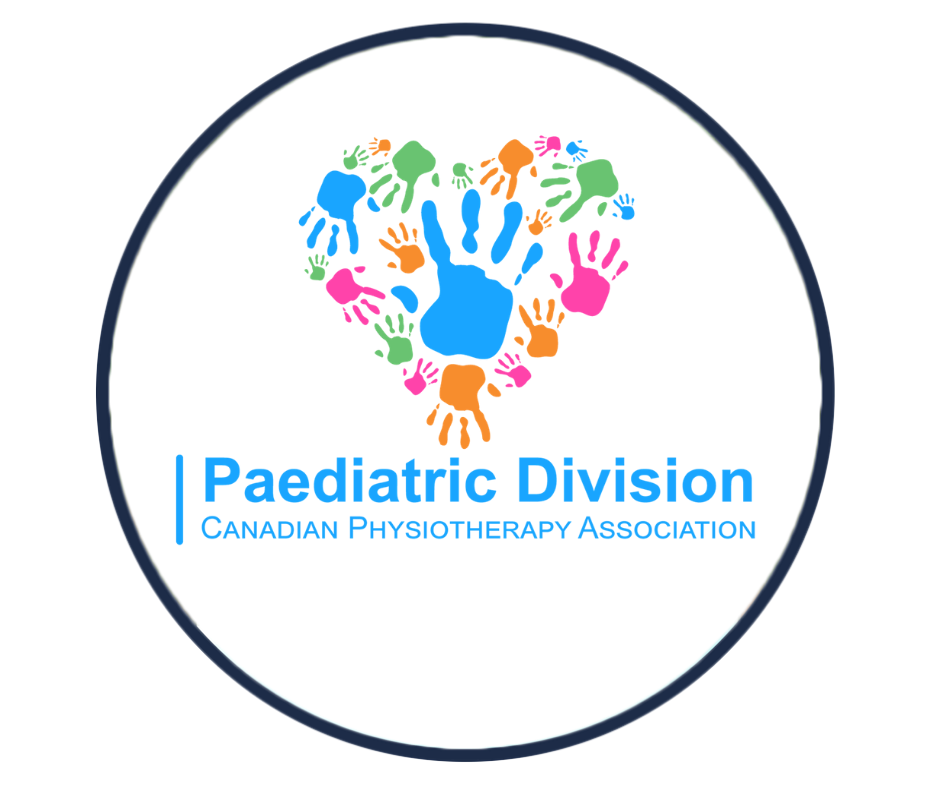Dynamic Movement Intervention (DMI Therapy)

Dynamic Movement Intervention (DMI Therapy)
This course includes
The instructors
Overview
Dynamic Movement Intervention (DMI) is a therapeutic technique used in physical and occupational therapy to treat children with motor delay by improving automatic postural responses and promoting progress toward developmental milestones.
The goal of DMI is to provoke a specified active motor response from the child in response to defined dynamic exercises prescribed by the therapist.
This comprehensive intervention incorporated current research on neurorehabilitation, technologies, and methodologies. DMI stimulates neuroplasticity to facilitate new neuronal connections and the development of motor milestones.
Topics Discussed
In this course, Jo-Anne will discuss:
- The demand for research on DMI
- The theories underlying DMI methodology and rationale
- How DMI differs from traditional therapies
- A general outline of how DMI works, with examples
Learning Objectives
In this course, you will learn:
- How focusing on sensory and motor integration early on can make a difference
- How DMI can mimic typical development by exposing infants and children to the world with minimal support
- Why the window of opportunity for change is small and how we can use it to our advantage
Audience
This course is intended for physical therapists and occupational therapists, and other rehabilitation practioners.
Join the presenter, Joanne Weltman, and the Pediatric Division of the CPA for this online course 'Dynamic Movement Intervention (DMI Therapy)'.
Please note: the slides for this presentation were not provided for download by the instructor.
The instructors


The Paediatric Division is a special interest group within the Canadian Physiotherapy Association. Our membership consists of clinicians from all practice settings, students, educators, researchers, physiotherapy assistants and administrators all of whom have a passion for promoting participation and enhancing the lives of children and their families. We are dedicated to provide resources and information for paediatric patients and their families to promote participation and function independence in all aspects of life.
Paediatric physiotherapists employ clinical expertise in the early detection of health problems, treatment, education and management of congenital, developmental, neuromuscular, skeletal, cardiorespiratory or acquired disorders/diseases. Paediatric physiotherapists work with children of all ages, from infants through young adulthood to promote participation and functional independence. Paediatric physiotherapists have a unique role in that they not only work with the child, but also their families in the context of their daily home, school and recreational environment.
Paediatric physiotherapists use validated outcome measures to assess the level of strength, flexibility, gross-, and fine-motor coordination and overall functional capabilities to determine participation limitations or restrictions as a result of injury, disease or disability.
Through analysis of objective assessment findings, the paediatric physiotherapist uses evidence-based treatment interventions specifically tailored to the client and their family's goals. Treatment interventions focus on improving gross and fine motor skills, balance and coordination, strength and endurance, as well as cognitive and sensory processing/integration.

B.Sc.PT, MRSc, Co-Founder of DMI Therapy, Owner SMILE Therapy For Kids
Jo-Anne Weltman graduated from Wits University in Johannesburg, South Africa in 1991 with a B.S.c. in Physiotherapy. Since then she has completed her MRSc. with research in Hip Dysplasia in Cerebral Palsy at the University of British Columbia in Vancouver, Canada. She has taken numerous courses over the years including NDT, Conductive Education, Therapeutic Taping, Theratogs application, Therasuit Approach, TASES (NMES) and Spinal Stimulation, Vestibular-Ocular therapy, CVI, CME III, Reflex Integration, Sensory Integration, Orthopaedics in Children - to name a few.
Jo-Anne lives and works in Toronto, Canada. Her objective has always been to provide the best services to the children that she works with. so she opened S.M.I.L.E. Therapy for Kids a private practice that specializes in child development, to meet the demand for all areas of developmental and orthopaedic therapy in children. She continues to research and find the best treatments for all the children that are under her care and connects with specialists all over the world to achieve this.
Jo-Anne is an advocate for children with special needs and their families and works hard at trying to make changes in many areas to help these children as well as increasing their general level of care by educating those who will provide care to them. She is the CO-Founder or DMI Therapy, and teaches therapists all over the world.
Material included in this course
-
Dynamic Movement Intervention (DMI Therapy)
-
Welcome!
-
Foundations
-
Tenets of Practice of DMI
-
Impacts on Global Development
-
Diagnosis
-
When to Start?
-
Equipment
-
Dosing/HEP
-
Complimentary Therapy
-
The Difference between DMI and Traditional Therapy
-
DMI Levels and Courses
-
Questions
-
Quiz
-
What's Next?
-
Feedback